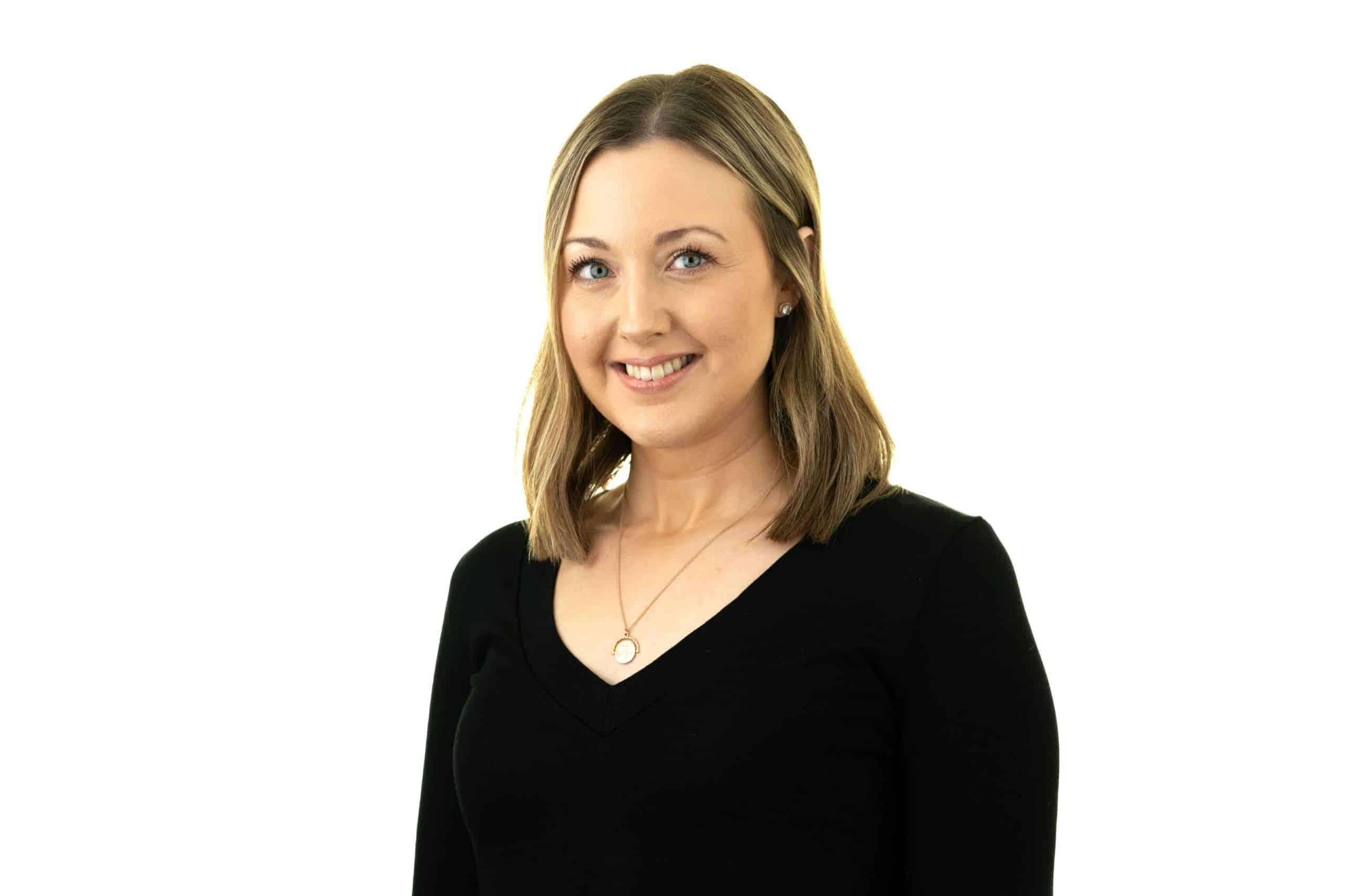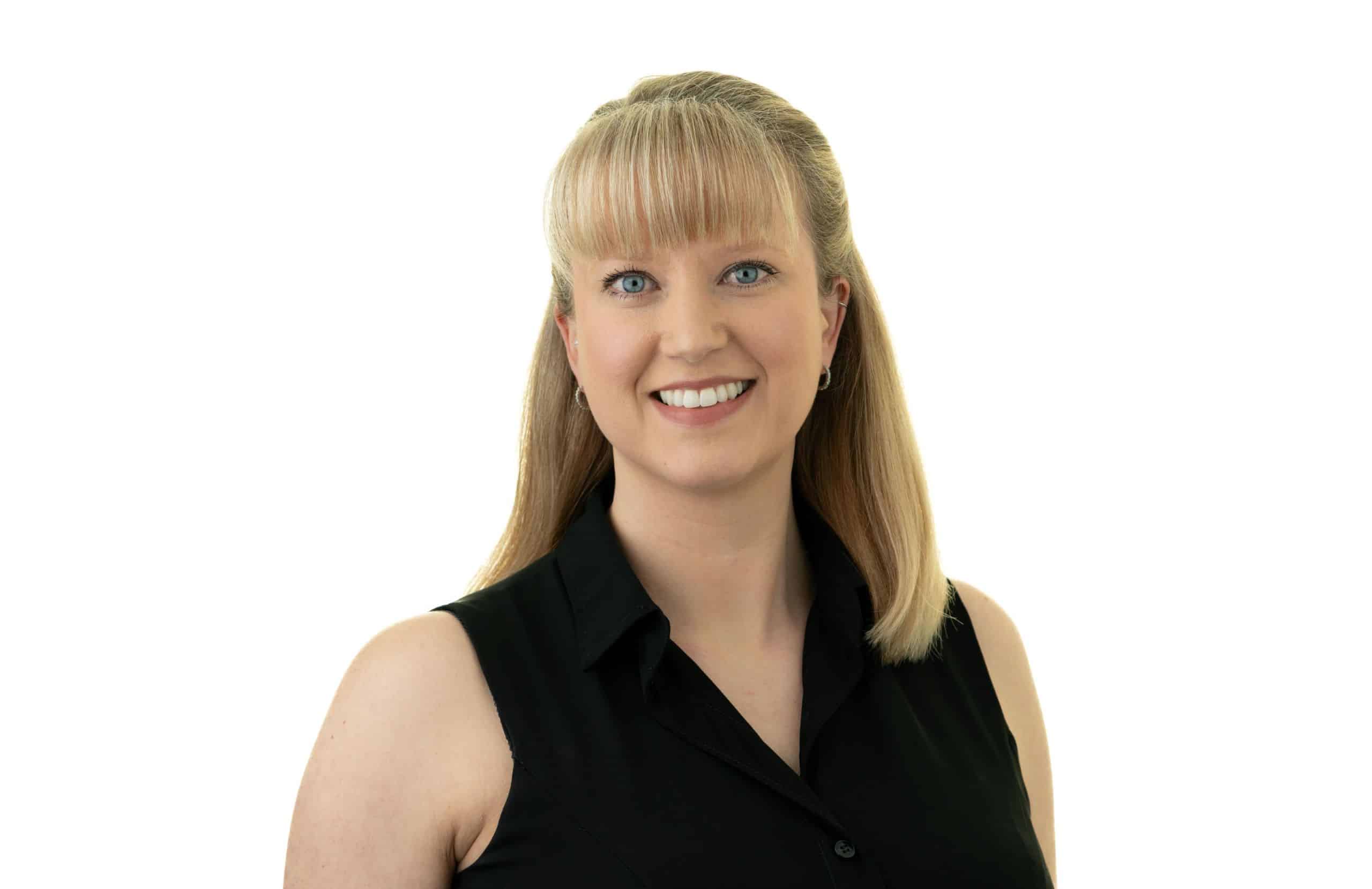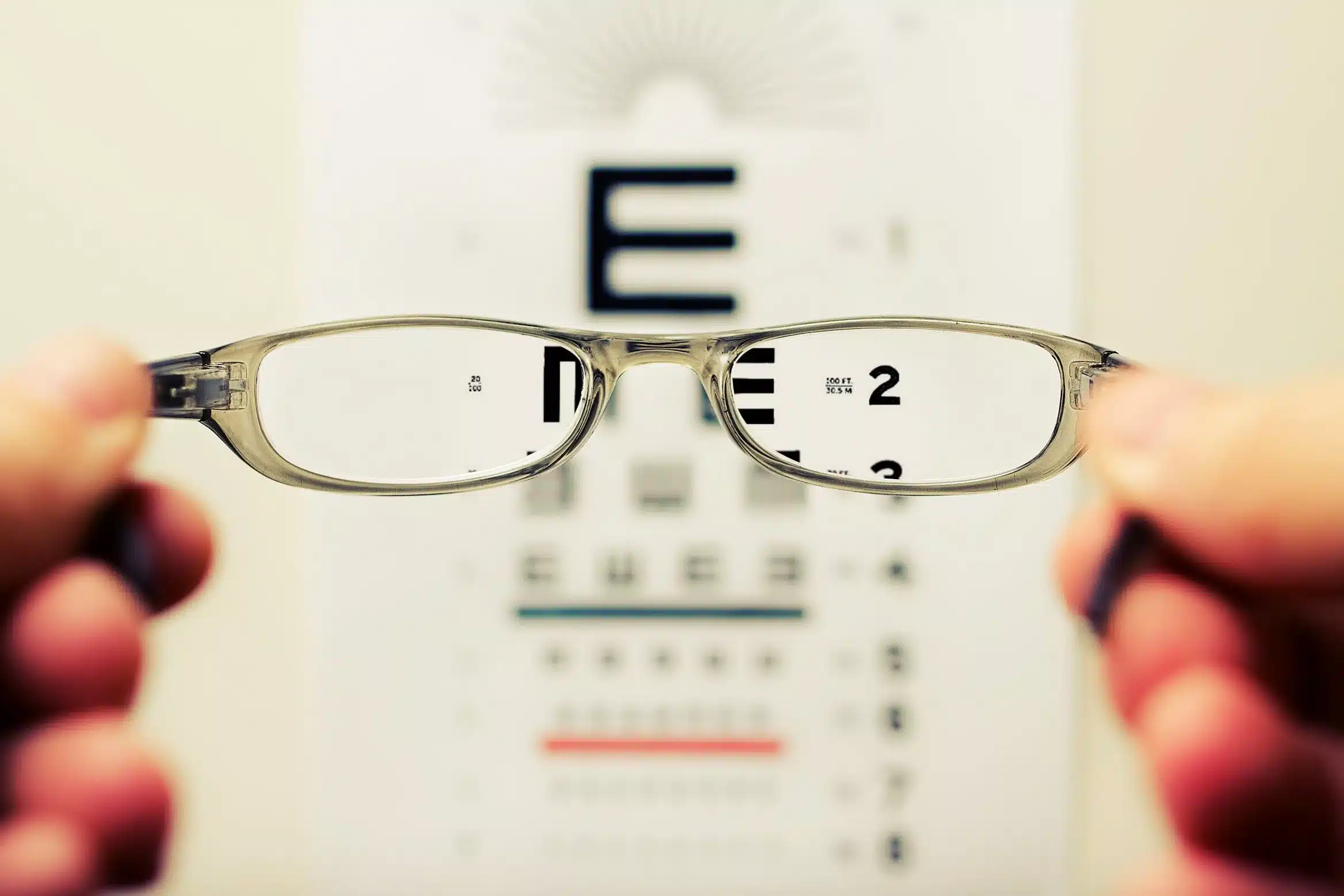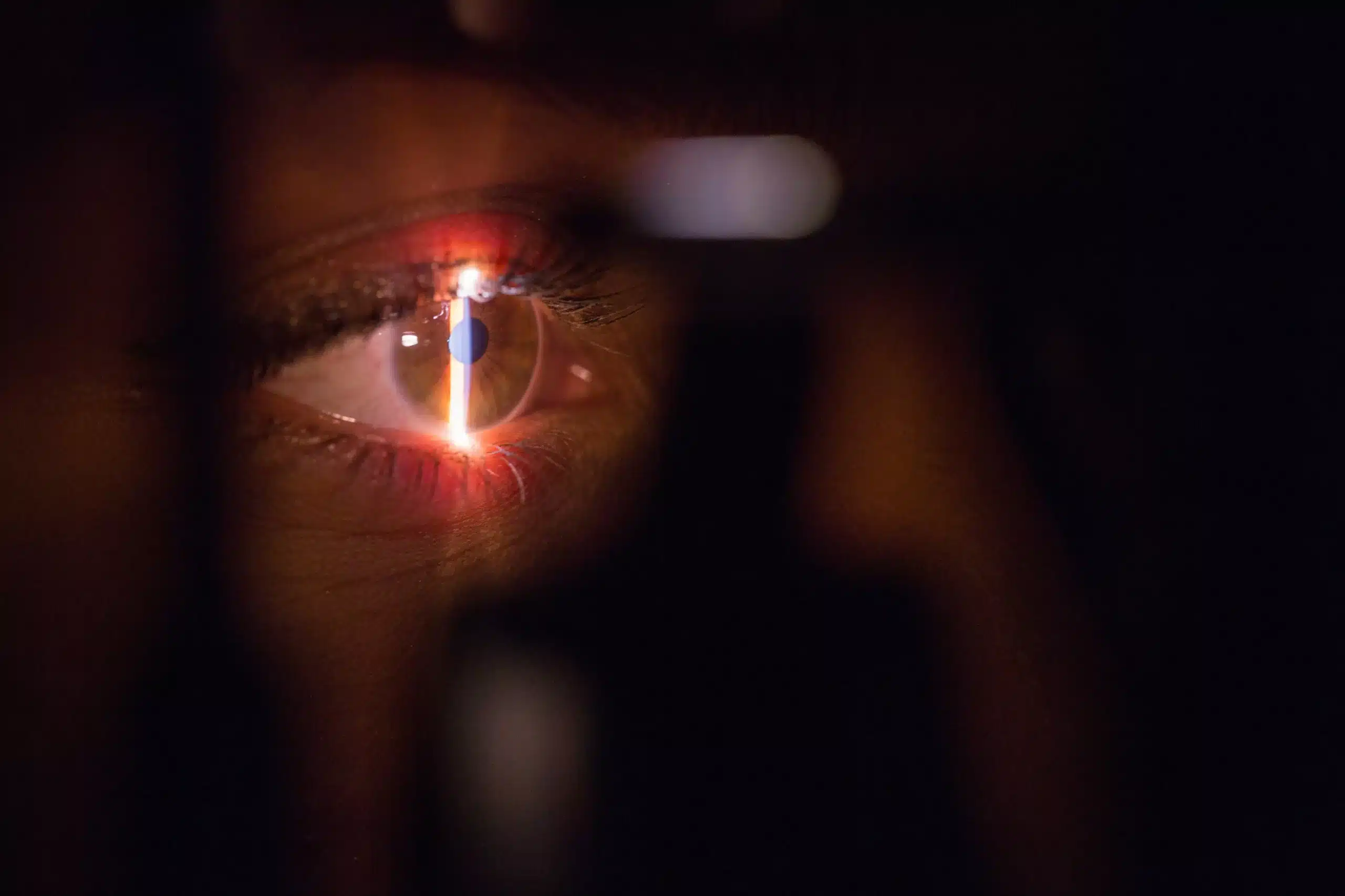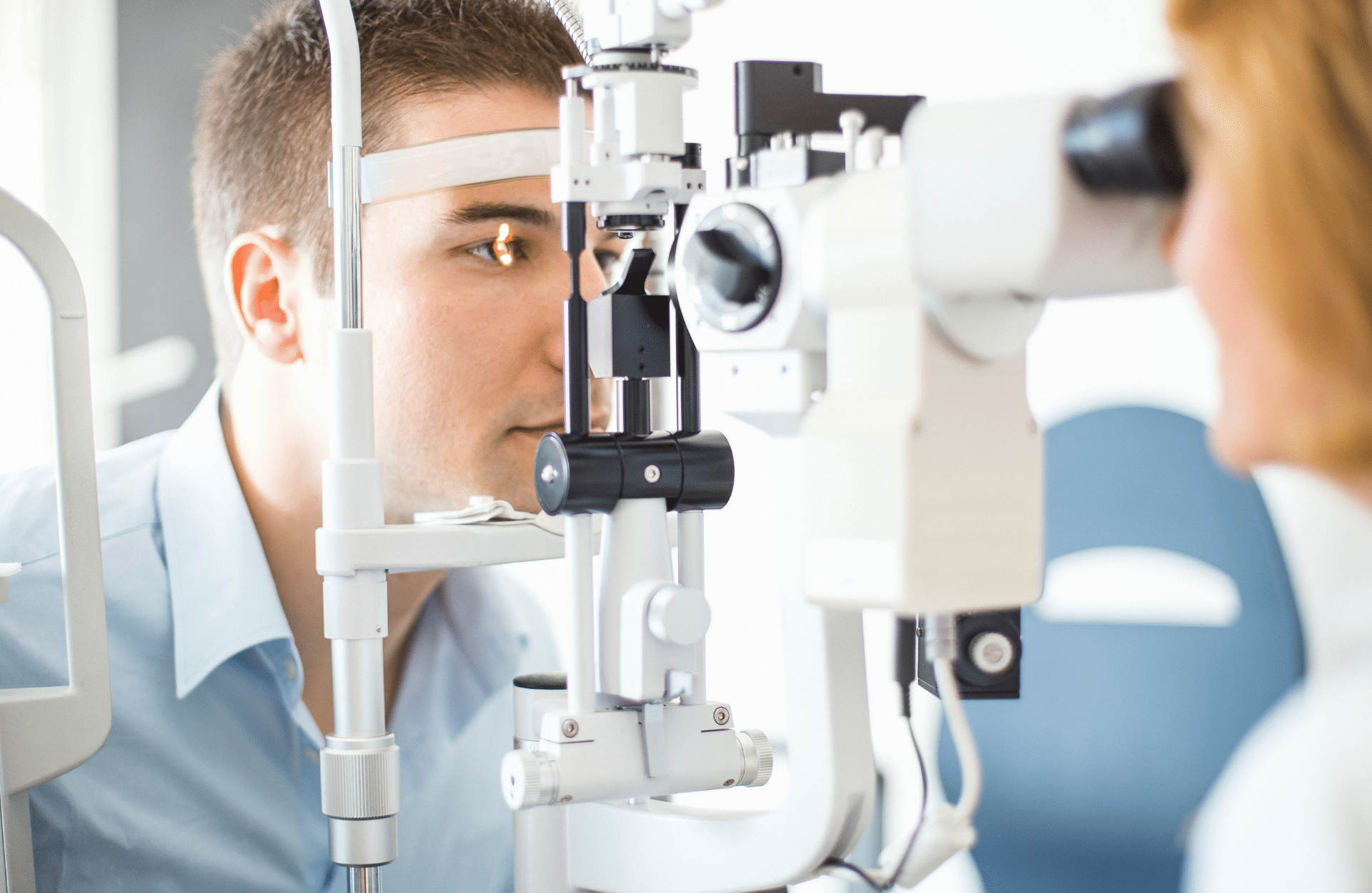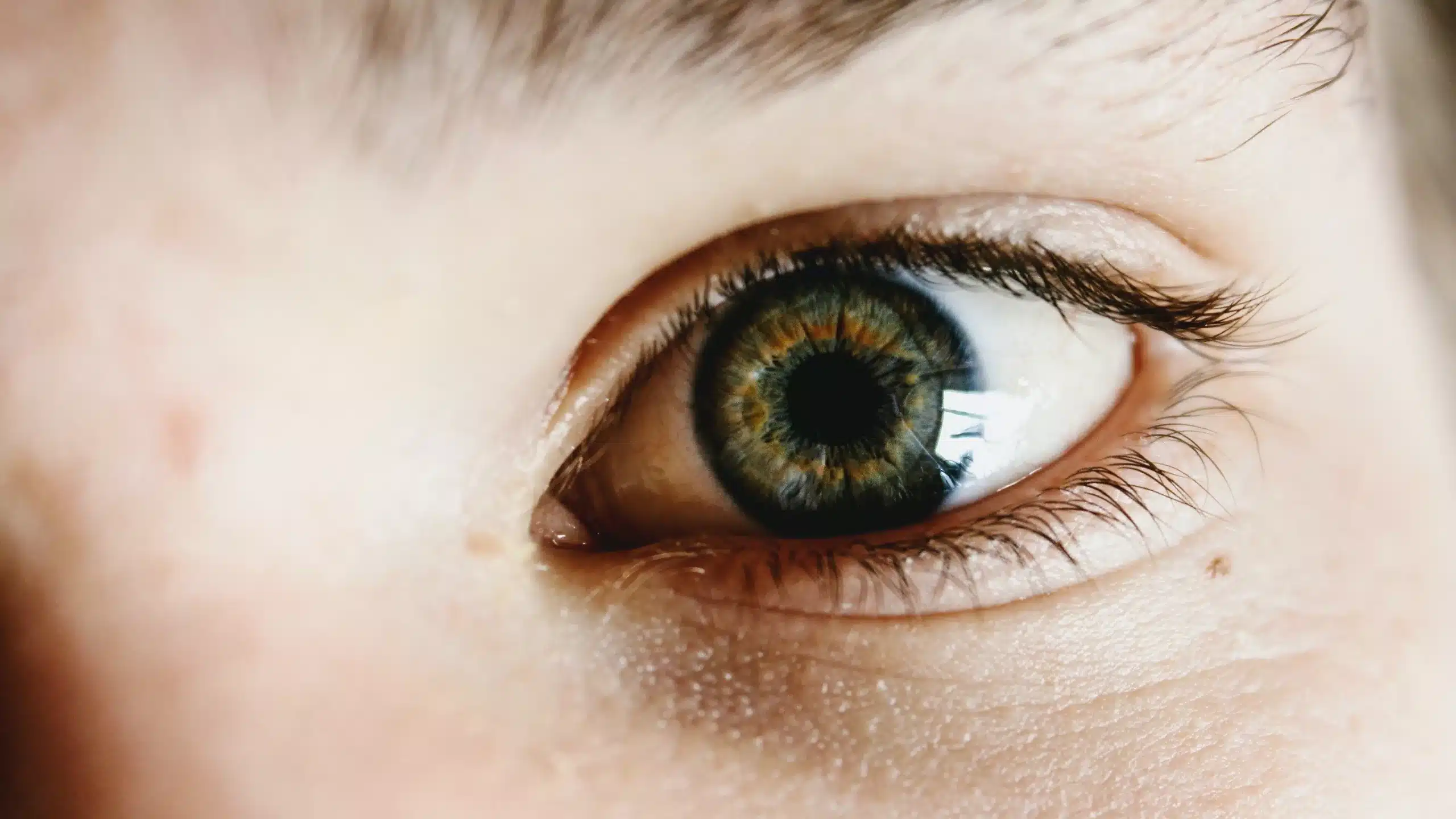
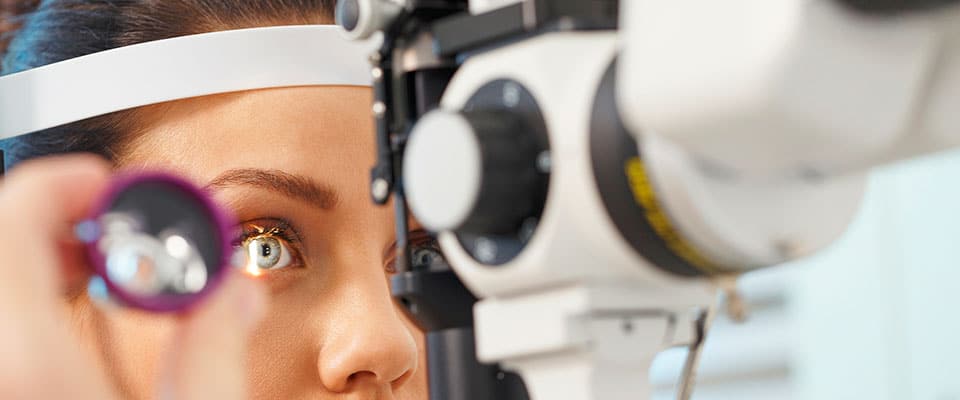 " alt="">
" alt="">
Failure to Diagnose Eye Conditions and Diseases Claims

Reviewed by
Peter Rigby - Director of Medical Negligence
We've got your Failure to Diagnose Eye Conditions and Diseases Claim covered
- No win No fee
- Not just lawyers - real specialists
- No obligation
- UK's highest-rated medical negligence solicitors
Being one of the most fragile and important organs of our body, it is crucial that the eye is looked after correctly, and any problems or conditions are diagnosed as soon as possible to prevent any other issues arising further down the line.
If a medical professional fails to diagnose an eye condition early enough, this can have severe ramifications for the health of your eye in the future potentially even permanent blindness. This responsibility may fall to your General Practitioner, optician, or an eye specialist if you have been referred to one. If you feel that a delay or failure to diagnose has left you with further problems, you may be eligible to make a claim.
Common eye conditions may include:
- Sun damage
- Macular degeneration
- Disease of the retina
- Detachment of the retina
- Cataracts
Find out if you
have a claim
Take the 10-second claim test
Free Advice
03300 080 352
claim form
We're the highest-rated No Win No Fee medical negligence solicitors on Trustpilot
Avoidable damage to your eyesight
If your eyesight has been affected by negligent treatment, perhaps because of a failure to diagnose a condition or disease, then it’s your right to seek compensation for a failure to diagnose your eye condition.
Damaged eyesight can have a lasting impact on your physical capabilities and can also result in some debilitating symptoms, such as chronic headaches and migraines. Conditions such as detachment of the retina and cataracts that have occurred as a result of negligent treatment can also impact your life negatively in the long-term.
Furthermore, a failure to diagnose an eye condition that could have been prevented is an incredibly frustrating and upsetting experience.
Rest assured, when you consult a medical negligence expert such as Patient Claim Line in your corner, you can pursue a claim with confidence.
Making a claim for a misdiagnosed eye condition
If you have suffered from an eye condition misdiagnosis, Patient Claim Line have specialist experience in this field.
When you contact our dedicated medical negligence team today, you’ll not only receive a free consultation, but should your case be accepted, we’ll exercise a unique and hands-on approach.
Just like you, we want nothing more than to secure the compensation you deserve for the eye surgery negligence you have experienced.
To support you with your case, the more evidence that you can gather now will be crucial to the success we have going forward.
This may include:
- Any documentation and medical records related to your eyes
- Evidence documenting your appointments history
- Any loss of earnings
When it comes to making a medical negligence claim, the process can be daunting. Here at Patient Claim Line we are dedicated to taking on all the hard work for you using our wealth of knowledge in the field ensuring that you are guided efficiently throughout your claim and that you receive the compensation you deserve.
Why Choose Patient Claim Line for your Failure to Diagnose Eye Conditions and Diseases Claim?
Not just lawyers — medical negligence experts
Patient Claim Line was established in 2014 and consists of a team of medical lawyers specialising in cancer negligence and general medical negligence claims.
At Patient Claim Line we have more than 100 solicitors with a combined experience of over 400 years and they will work on your behalf to achieve the best result possible for you.
It’s not enough to use a solicitor who sometimes covers medical negligence. You need someone who knows this area through and through. That is what the solicitors here at Patient Claim Line do. They deal exclusively in this area of law and are experts in the field.
Frequently asked questions about Failure to Diagnose Eye Conditions and Diseases Claims
Our expert legal team answer your questions about making a Failure to Diagnose Eye Conditions and Diseases Claim
When calculating eye injury compensation, the amount awarded will depend on several factors, including the length of time you have suffered for and the impact that the error has had on your daily life. Less serious cases may have a smaller payout because the injury was relatively minor, while more serious cases that involve life-altering consequences have far larger compensation payouts. We can assure all our customers that our dedicated legal team will ensure you get the maximum compensation that you deserve.
If you have suffered due to medical negligence when receiving treatment on the NHS, you can bring a claim against the NHS Trust involved. You can also bring a claim if you’ve suffered negligence when receiving private treatment. Many hospitals and private clinics now seek to correct vision problems with laser eye surgery. You could be entitled to make a laser eye surgery claim if you have received substandard care during your treatment which caused you harm or suffering. As with all surgical procedures, it’s important that the risks of laser eye surgery are fully communicated, so that you can give full consent. Failure to explain the risks and deal with consent appropriately can give rise to a claim in itself. A poor outcome to laser surgery does not necessarily mean that there has been negligence but may require investigation.
When making a claim against the NHS, the compensation will be paid by NHS Resolution. NHS Resolution, previously known as The NHS Litigation Authority, will pay compensation on behalf of the NHS body that you are making a claim against. If making a claim against a private clinic or hospital, it will be the organisation’s insurance that pays compensation for clinical negligence.
In general, you have 3 years from the “date of knowledge” in which to make your claim for an eye injury. The “date of knowledge” is the date when you first became aware that a mistake has been made. Often people find out that a mistake has been made straight away, but sometimes a lot of time can pass before anyone admits that something has gone wrong. If the person who suffered medical negligence was under 18 at the time, the time limit is 3 years from the date of their 18th birthday (i.e. their 21st birthday). If the person the mistake happened to does not have mental capacity, there can be no time limit. We would always advise you to call if there is any doubt about whether or not you are out of time. It costs you nothing to get some advice from us and its always better to be certain.
Meet our Failure to Diagnose Eye Conditions and Diseases Team
Case Study
Sarah's Story
"Now we have peace of mind"
My husband, Nick, went back and forth to the doctors for a long time and tried everything the doctor recommended. But his illness got worse, to the point that he was in agony.
In the end we got so desperate that we asked for a referral. The doctor was reluctant, so we had to consult a private hospital. That’s when we found out there was a tumour. It took years from the onset of his illness to finally start cancer treatment.
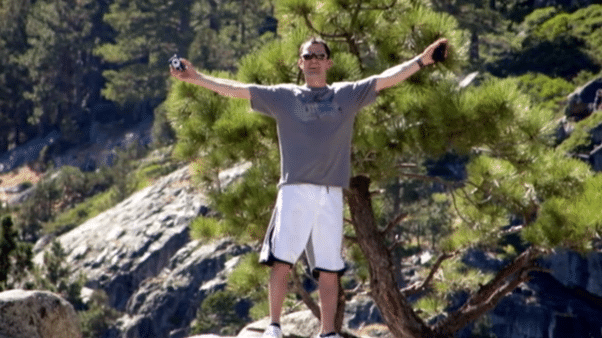
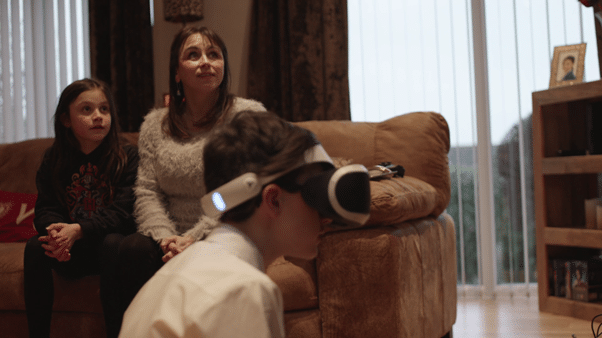
He used to be a man with a lot to live for, but in the end he was in so much pain that he withdrew from the family. He became angry that nobody had helped him sooner, and the legal team were able to give him the validation that he was desperately seeking. The NHS confirmed if they had done more, Nick would still be alive today.

